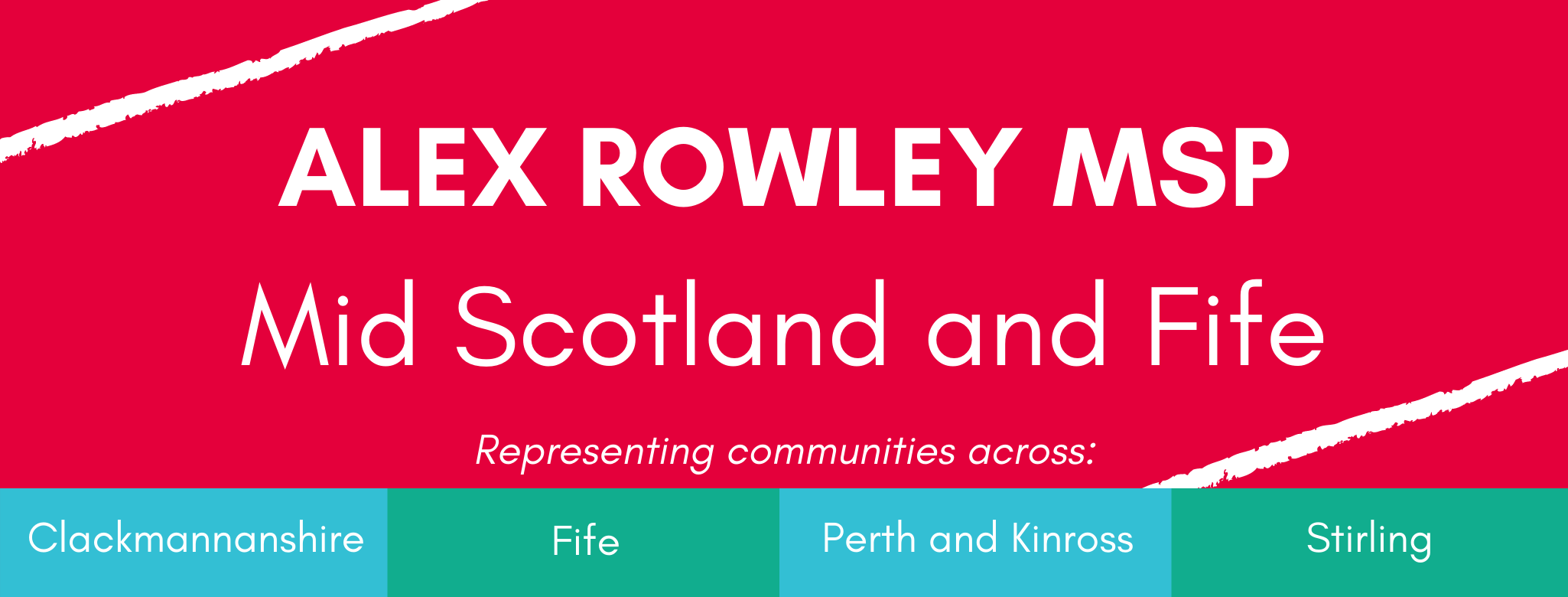Please see the below letter sent from the Cabinet Secretary for Health and Sport copied to all MSPs:
“Revised PPE guidance
In response to the emerging epidemiology and evidence, urgent work has been under way to review the existing UK-wide Personal Protective Equipment (PPE) guidance and today the revised guidance has been published.
The guidance is available on the COVID-19 pages of the Health Protection Scotland (HPS) website and outlines what PPE frontline health and social care workers should be wearing in different settings and scenarios. The guidance has had input from Royal Colleges and is endorsed by expert scientific groups.
The updates reflect the fact that COVID-19 is now widespread in the community, meaning clinicians are more likely to see people with the virus, some of who will not have symptoms yet.
The guidance itself recommends the safest level of PPE to protect health and social care workers and specifies the type of PPE that should be worn in the various healthcare and social care settings where patients or residents could be cared for.
New tables have been added to the guidance, which clearly explain the PPE required for different common clinical and care scenarios. The first table relates to acute hospitals and the second is for primary care, outpatient and community care, ambulance staff, paramedics, first responders and pharmacy. There is an additional table that describes when to use PPE when caring for any patient or resident. This last section is important at a time when we are aware that there is sustained community transmission of COVID-19, and the likelihood of any patient or resident having COVID-19, without any of the recognised symptoms, is raised.
Given the recognised sustained community transmission of COVID-19, the guidance importantly includes detailed advice around risk assessing the use of PPE, including aprons, gowns, Fluid-Resistant Surgical Masks (FRSMs) and eye protection, in a range of different clinical and care scenarios, including community settings, such as care homes and caring for individuals in their own homes. The guidance also asks that organisations themselves undertake risk assessments to ensure that they provide the correct PPE for the safety of their staff.
The guidance is also clear that, in line with agreement from the Health and Safety Executive, in certain circumstances, some PPE – particularly masks and eye protection – can be worn for a full session, and don’t need to be changed between patients. This will ensure that health and social care workers can safely carry out their work; particularly when they are working in areas where there is a high risk of COVID-19 transmission such as Emergency Departments or intensive care units. The Health and Safety Executive has reviewed the guidance and agreed the appropriate sessional use of some PPE.
Importantly, in terms of shielding the extremely vulnerable in our society, the guidance advises that secondary, primary and community care workers should wear a surgical mask when providing care to any individuals in the extremely vulnerable group.
As outlined in earlier guidance, the highest risk of transmission of this virus occurs when it is aerosolised – therefore when carrying out aerosol generating procedures (AGPs) clinicians are required to wear a higher level of protective equipment. These are detailed in the guidance and subject to continual review based on emerging evidence by the UK National Emerging Respiratory Virus Threats Advisory Group. When aprons are used for non-aerosol generating procedures, it is vital that clinicians and social care workers thoroughly wash their forearms if there is a risk of exposure to droplets. This is consistent with the UK policy of bare below the elbows, and evidence reviews on the risks of healthcare acquired infections.
Please be aware that this letter does not cover all changes and I would advise you to read the revised guidance in full on the COVID-19 pages of the HPS website.
PPE supply and distribution
We continue to work tirelessly with NHS National Services Scotland, Health and Social Care Partnerships, the social care sector, and with colleagues in other UK nations to procure and distribute necessary supplies of the types and levels of PPE required to safeguard frontline health and social care workers.
We have introduced new measures to improve the distribution of PPE, including a single point of contact for all health boards to manage local PPE supply and distribution.
A helpline has also been set up for registered social care providers having problems accessing PPE, with extra staff to prepare orders for social care, additional delivery drivers, longer delivery hours and use of more external delivery companies to increase capacity. Work continues to source further PPE and ensure there is an appropriate supply for all our workforce.
The contacts are as follows:
NP NHS COVID – 19 enquiries: NSS.covid19resilience@nhs.net
NHS NSS social care PPE triage: 0300 303 3020
The Scottish Government also has a new dedicated email address for staff, MSPs or members of the public to raise specific supply issues. This is covid-19-health-PPE@gov.scot. It will be monitored continuously and allow us to act to resolve any specific supply issues more quickly.
We ask senior leaders to deal with local concerns and escalate PPE local supply and guidance issues to NSS in first instance.
We recognise that there are many unpaid carers who are providing care and support to friends and family members in the vulnerable groups and therefore may need PPE. We would like to reassure you that we are working with NHS NSS to quickly put in place a system to support unpaid carers to access PPE if they need it.
I trust this is helpful. I am copying this letter to all MSPs.
JEANE FREEMAN“









